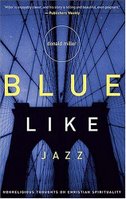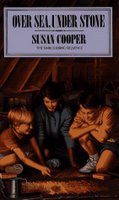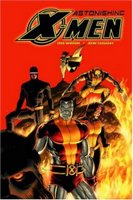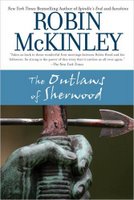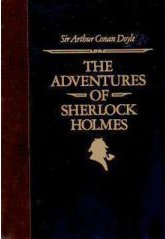This is a book of informal essays that capture Miller’s reflections on God, Jesus, and the issues of living as a Christian in a fallen yet hopeful world. Miller dispenses with some of the more formal guidelines for good writing to establish a more conversational style. I appreciated his approach because it led to an authentic, often humorous tone, though sometimes it became a bit too casual. But the ideas and their thoughtful expression were what were most important in this book, not necessarily the quality of the prose. I was attracted to this book not so much because Donald Miller answered my questions about why the church and fellow Christians are often so disappointing to me, but because he let me know that I am not alone in my diappointments. And he did this from a standpoint of strong Christian faith and hope for God’s work in the church.
My favorite chapter title is "Church: How I go without getting angry." It resonated in my mind because for the last 2 years I have dreaded going to church, and I often come home thinking, "Can I continue to attend without being angry?" In this chapter the author talks about aspects of most churches that bother him: people who try to "sell Jesus as a product," the blind acceptance that Republicans are God’s party, and the war-talk against "liberals and homosexuals" and America-haters. These traits irk me about my current church and many Christians I know. And, since I can, I will list a few more:
-Gender stereotyping and the resulting limitation of ministry: men all love red meat, fishing, and sports; women love crafts, children, and pink, ruffly comfort.
-Self-absorbed giving and spending: it seems church budgets often go toward building even nicer sanctuaries, "life centers," offices, and private schools. Why don’t more funds flow out from the church in love toward missions and poverty-relief and health and clean water for people in need?
-Provincial, materialistic, complacent worldview: Christian faith seems to be domesticated within a wealthy, comfortable, suburban lifestyle that isn’t conducive to spiritual discipline, sacrificing any comfort for the good of others, or loving people who are different or poor or sick or needy. A preoccupation with shopping and consuming is embraced as spiritually-neutral or even beneficial to Christians.
-Utter disregard for preserving God’s marvelous creation: for most Christians, stewardship of resources, natural areas, and the earth’s ecological systems is completely unrelated to participating in Christ’s kingdom and loving others as we have been loved by God.
If a believer doesn’t buy into these parallel Christian assumptions, often that person feels left out of the faith; instead of being welcomed into the family of God, he can stand out as an outsider or foreigner. What's more, I believe earnest seekers and even long-time believers can be alienated from the church because of such cultural issues. Miller’s solution in this book, one that I’m not satisfied with, is to find a church where you fit in. He describes his own church, where he finally found like-minded Christians. I am extremely sympathetic to his decision and am tempted to do the same myself. There is a church I really like – but it’s in Seattle, 40 miles away. It seems like a cop-out, somehow, yet one more example of how the marketplace drives spirituality: I can choose the congregation that fits my needs. Does God want that? I don’t know. For now I’m staying at the church where I grit my teeth during the service and praying that God will help me to keep growing.
One of the most insightful ideas I gleaned from Blue Like Jazz was that our fallen natures can be characterized as an all-consuming addiction to self. Miller says that the world is depraved, but that "the problem is not out there; the problem is in the needy beast of a thing that lives in my chest." We should be more concerned with cleaning out our own sin closets than that of our neighbors as we follow Christ. That coincides strongly with the passage I read this morning from Elton Trueblood, that Christians should rightly view their own sin:
heed the words found in The Imitation of Christ, “Be not angry that you cannot make others as you wish them to be, since you cannot make yourself as you wish to be.” The essence of pietism, by contrast, is the limitation of primary interest to personal salvation. Even today, by the highways, we can see signs paid for by somebody, which urge us to “get right with God.” The evil of this well-intentioned effort lies not in what it says, but in what it so evidently omits. The assumption is that salvation is nothing more than a private transaction between the individual and God and that it can become an accomplished, dated event.
The truth is that we are continually in need of God’s forgiveness and redemption; too often we behave as if we’re planted firmly on God’s side and criticize those on the other side of the fence, neglecting to tend to our own festering sin and complacence. (So I should take back all that stuff I said about church earlier?)
There is also an excellent chapter about how to better love other people, as well as many moving stories, funny anecdotes, and thoughtful reflections on Christ’s work in our human lives. It’s a book I could discuss at length with friends; a book whose ideas will come back to me for several years; a book about what I most care about.
| Title: | Blue Like Jazz |
|---|---|
| Author: | Donald Miller |
| Date published: | 2003 |
| Genre: | Spiritual Non-fiction |
| Number of pages: | 242 |


